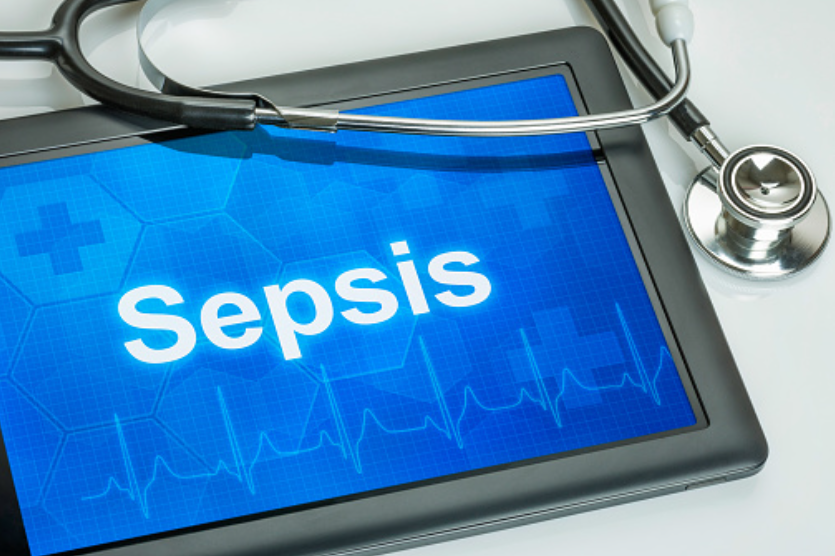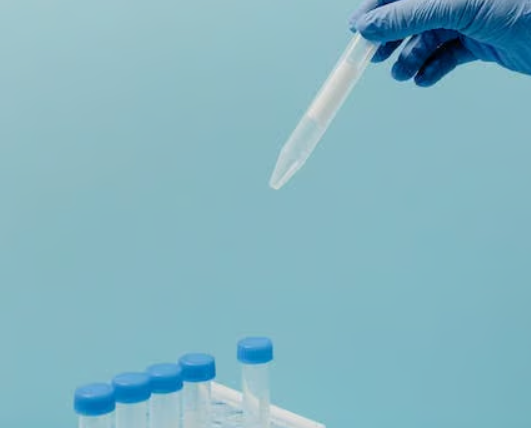
Sepsis is a nasty and frustrating health affliction. For elderly patients, sepsis becomes that much harder. With this in mind, knowing how to help your elderly loved ones with sepsis is key to protecting their health and well-being. If your elderly loved one is diagnosed with sepsis, here is what you need to do next to ensure they deal with this serious health condition as quickly as humanly possible:
Table of Contents
What is Sepsis?
Sepsis is a dangerous and frustrating health affliction. Sepsis in elderly patients can happen when infection and inflammation spread throughout the body, frequently through the bloodstream. It results from a serious infection getting into the bloodstream, which triggers the body to release chemicals to fight the infection. At that time, the entire body starts to swell up. Damage to numerous body parts and possibly death may result from this. Because their bodies are already fragile, elderly people are particularly vulnerable to sepsis. The immune systems of most elderly people are already compromised, making it impossible for their bodies to fight off infection or inflammation on their own. The older patient has the highest chance of surviving sepsis if it is identified and treated as soon as feasible.
Symptoms and Causes of Sepsis
Anybody who cares for senior family members or who works in a nursing home has to be aware of the symptoms of sepsis to identify it as soon as possible. Basic sepsis, severe sepsis, and septic shock are the three different stages of sepsis. Sepsis should ideally be treated as soon as it manifests itself, giving the elderly patient the best chance of surviving the condition.
Sepsis occurs in three stages. Understanding the causes and symptoms of these three stages will help you protect your elderly loved one. Durgin stage one, a fever of at least 101.3 degrees or a temperature of fewer than 95 degrees, a rapid heartbeat of more than 90 beats per minute, and a quick breathing rate of more than 20 breaths per minute are among the symptoms. During stage two, known as severe sepsis, the symptoms include difficulty breathing, pain in the stomach and abdomen area, abnormalities in the heart pumping speed and rate, a decrease in urine, and changes in the patient’s mental state. Lastly, during the third stage (septic shock), when sepsis is left untreated, the patient will experience septic shock. A significant drop in blood pressure is the most serious symptom. It may be quite challenging for medical professionals to get the patient’s blood pressure back to normal if this happens to an elderly person.
In terms of the cause of sepsis, infection, and complications from infections, are typically to blame. Infections in the kidney, abdominal area, and the elderly patient’s bloodstream are especially risky and can lead to sepsis complications. Sepsis also has other risk factors, such as aging and a weakened immune system. Sepsis is also more likely to strike patients with particular kinds of previous wounds. Every patient’s risk of developing sepsis can rise with the use of invasive devices like catheters and intubation equipment. A common issue in nursing homes is sepsis. Patients who are elderly are already more vulnerable, and the prevalence of bedsores and infections just makes matters worse. To avoid this, nursing home staff must treat infections as soon as they arise.
How Can My Elderly Loved One Avoid Sepsis?
The more time your elderly loved one takes to educate themselves about sepsis, the better. However, their caretakers are the ultimate safeguard against sepsis (especially if your loved one lives in a nursing home or assisted living facility). Preventing infections and treating them right away when they do happen is crucial in protecting older patients from sepsis. The appropriate treatment of all wounds can help lower the risk of infections. Routine vaccines help prevent diseases like the flu and pneumonia, both of which are risk factors for sepsis. The more vigilant everyone is, the less likely it will be that your elderly loved one will develop a life-threatening or harmful case of sepsis.
Keep an Eye Out for Your Loved One’s Health
At all times, it’s your duty as a younger family member or close friend to watch out for your elderly loved one’s health. Doing so can help them feel safe, and will allow them to be more forthcoming about any health issues or concerns they may have. The quicker you are in addressing health issues, the better. When it comes to sepsis, having a quick, prompt response becomes especially important.


